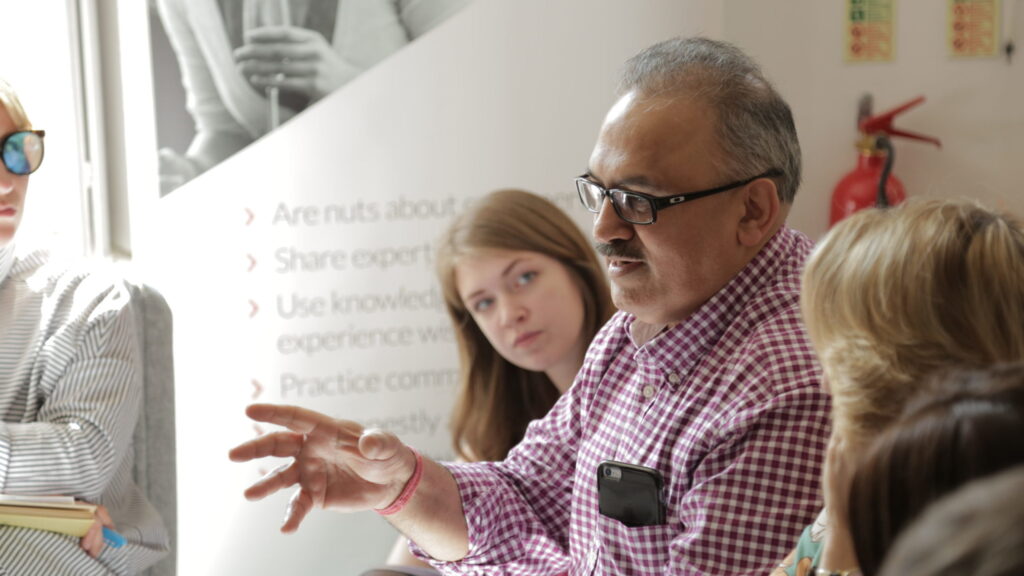Process – People – Technology. Leavitt’s “Golden Triangle” of change has been around since the 1960s and continues to be applied in organisations all over the world, but for many decades the focus has been only on Process and Technology. Why? Because it is easier to see the results when you change a process or implement new technology in terms of showing a number driven Return on Investment (ROI). But as Bob Dylan wrote in 1964 “Times they are a-changin’’! The focus is finally beginning to shift to People, and as technology advances, there will be an increasing demand for those who possess soft-skills.
The people component of operational excellence
At the Operational Excellence Conference in London many of the speakers and participants talked about how despite a focus on continuous improvement, the results that were originally promised from these programmes were not being realised. The dawning realisation was that the most successful change programmes were the ones where investment in employees, alongside process and technology, was the real secret to operational excellence. As systems get more complex, employees need to have a range of skills that can unleash the power of people and deliver real ROI gains.
In a recent article, McKinsey outlined that as employees interact with ever smarter machines, systems and processes, they need to develop a range of social, emotional and technological skills. And these are skills that require employees to shift their thinking and change their behaviours in order for organisations to see transformed performance.
What sort of soft skills?
- Problem Solving
- Critical Thinking
- Innovation & Creativity
- Dealing with complexity & ambiguity
- Communication
Many organisations are looking to recruit people with these soft-skills but the McKinsey article also indicates that over 75% of recruiters believe that there is a shortage of these soft-skills with applicants.

What’s the solution?
It is what it has always been… investing in your people, helping them develop the right skills and behaviours, engage them with your purpose and mission and ultimately they will create amazing products and services for their clients.
This is understood by those companies who consistently are rated as amazing place to work such as DHL and Toyota, clients who continuously develop their employees, leaders and teams to realise success, with real long-term returns for organisations who understand that ‘to reap they must sow’.
It is a path that is ‘ …one less well travelled by, and that has made all the difference’ (Robert Frost, 1916).
